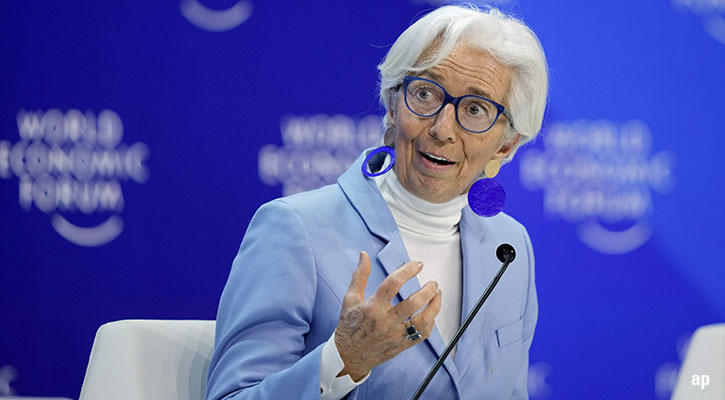This article is part of Morningstar's "Perspectives" series, written by third-party contributors. Here, Schroders' Head of Global Macro, Bob Jolly, gives his views on the current global macro environment.
We expect market volatility to remain high in the coming months and have moved to a more cautious stance. However, volatility creates opportunity for active fund managers, so we are remaining vigilant for mispriced investment opportunities to exploit when markets overshoot in either direction.
Looking ahead into the remainder of 2013 our central expectation is that the US will continue to slowly accelerate and exit so-called ‘stall-speed’ growth. Banks have been loosening their credit standards, companies are increasing their capital expenditure and the house prices are starting to accelerate. There has already been a shift in the Federal Reserve’s thinking due to the gradual economic improvements – away from Quantitative Easing and towards tapering – and this has caused a great deal of market volatility.
Elsewhere, the story is less positive. In China, for example, data suggests that economic activity resulted in an investment splurge following the credit crisis of 2008, leading to over-investment across sectors such as infrastructure and export companies. In our view this has resulted in overcapacity. Furthermore, this over-investment was funded by debt, resulting in rising levels of household and corporate debt. Indeed, data suggests Chinese households have never been so indebted. However, much of this has been priced into market valuations so we are not too negative on China from an investment perspective. In addition, the government is making the longer term outlook more promising by putting its emphasis on encouraging quality of economic growth, rather than quantity by enacting policies that focus on moving the economy from being export-driven to a more consumption-based model.
Europe’s situation, meanwhile, is concerning and in some respects we believe economic conditions are worsening. Bank lending is contracting, the output gap has continued to grow and, with inflation falling sharply, it appears the European Central Bank has not been aggressive enough. The eurozone is already closer to deflation than many believe and tax increases (particularly duty and VAT) have been disguising underlying disinflationary pressures. In Spain for example, if you exclude taxes from its headline inflation rate, then the country is already seeing disinflation. Adding to the uncertain outlook for the eurozone is the upcoming German election in September, political posturing in the run-up to which could be an additional source of market volatility.
In the UK policymakers’ focus has been on boosting growth by kickstarting the housing market. So far this has been positive as the economic backdrop is improving. However, we believe that it is too early to become optimistic, as inflation has acted as a tax on incomes resulting in falling real incomes for the UK population.
In our portfolios we will be closely watching market volatility that is likely to ebb and flow around expectations of central bank actions. Following recent market falls we have been seeking to add to positions which have become less crowded, but we are not adding aggressively to risk markets.
The key in such an environment is to be nimble. On the duration front, for example, we expect market noise to cause movements in government bond yields and present opportunities on both the long and short side.
Currently we have a neutral duration stance. However, we have been buying some duration at the front end of the yield curve in Europe as we think the market has priced in rate hikes that are unlikely to happen given the economic outlook for the eurozone. Meanwhile we have a short exposure to 10-year US Treasuries as we think the US economy will continue to improve and yields could grind higher.




























